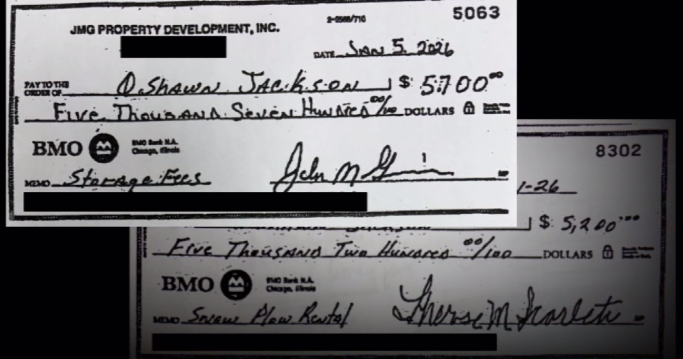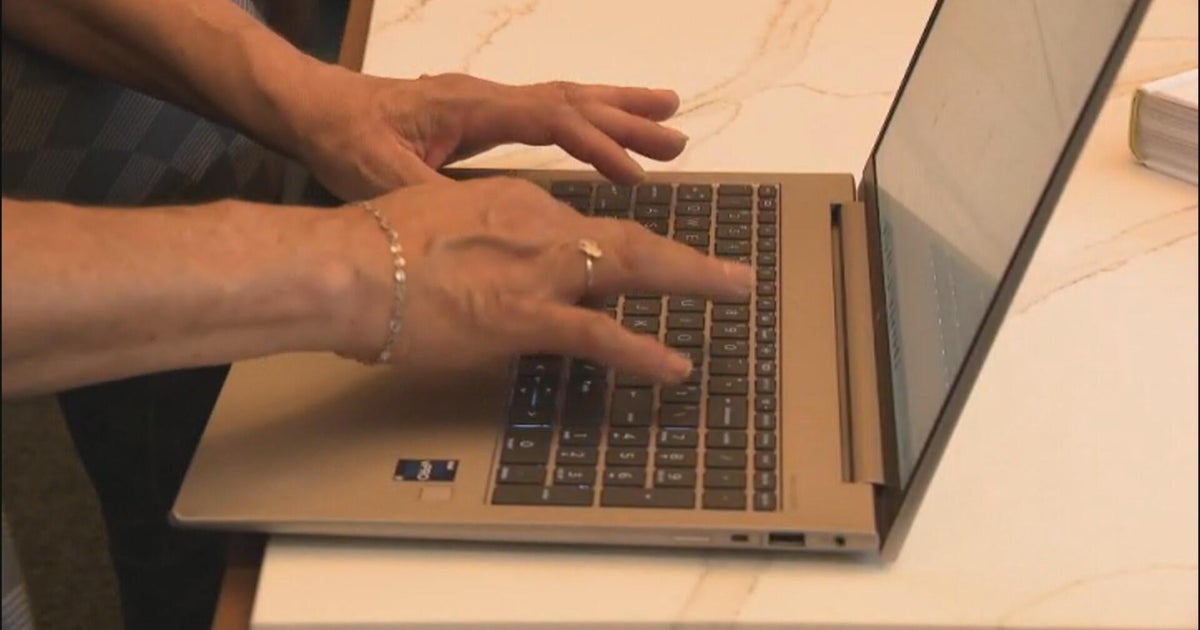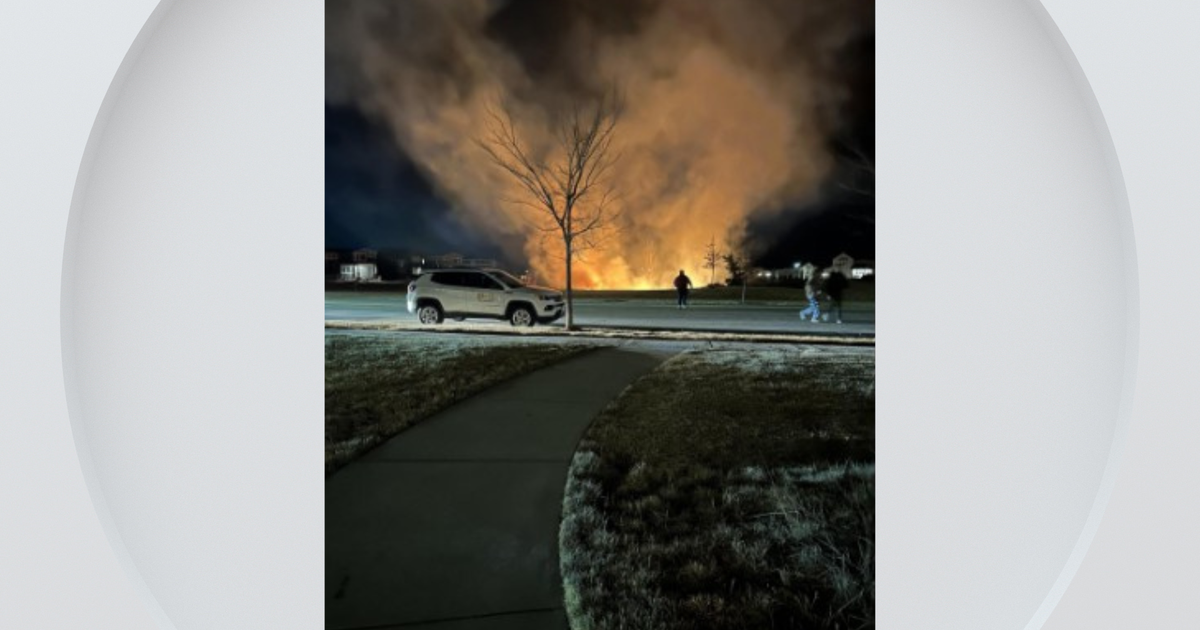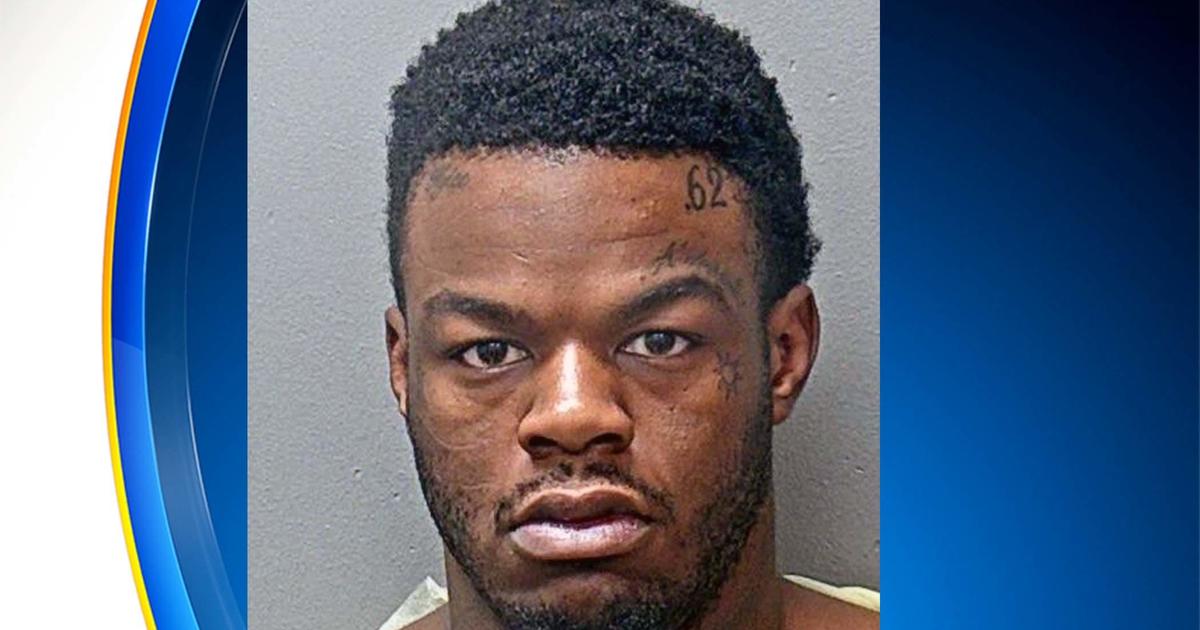Scammers Using Text Messages About Stimulus Checks To Try To Get Your Personal Information
FORT WORTH (CBSDFW.COM) - Even during the coronavirus pandemic, scammers aren't taking a break.
With millions of Americans soon expecting to receive stimulus checks, crooks are trying to trick people into sharing their personal information.
The latest scheme to profit off the pandemic involves text messages containing bogus information about economic impact payments.
"The government will not send you a text message to receive your stimulus check," said Phylissia Clark, with the Better Business Bureau.
Clark said in a classic case of phishing, these texts usually contain links to unsecure websites.
The goal is to collect personal information, such as social security numbers, bank information and other details, in order to steal consumers' money or identity.
Scammers are using more than text messages to reach victims. Clark said they are also contacting people through social media messages.
Cynthia Davidson said she received two calls last week from someone pretending to be with a local government agency. The person on the other end asked her to verify her personal details.
"It's affecting people," Davidson said. "There's enough fear and chaos that we don't need more people adding to the problem."
The government will never request banking information through random texts, calls or social media messages.
In fact, most Americans will not need to submit any additional details to receive their stimulus payments.
As long as you've filed taxes within the past two years or receive social security, no additional steps are needed.
In most cases, the IRS will calculate your stimulus payment using your 2019 or 2018 tax returns.
Questions Answered About $1,200 Stimulus Checks Coming To Millions Of Americans
Another scam offers to send stimulus checks early in exchange for an upfront fee.
"The money people will be receiving is not going to have those strings attached, and you shouldn't have to pay money to get money," Clark said.
Most Americans who shared direct deposit information with the IRS will automatically receive their payments sometime in the coming weeks.
But the BBB said fake checks from the U.S. Treasury are also circulating.
"These checks are easy to fabricate, people know what they look like," Clark said.
Red flags include spelling errors, phony-looking seals or multiple seals, and instructions to verify your identity or wire money elsewhere.
When in doubt, consult your bank about the veracity of any questionable check you receive.
Report any suspicious activity related to scams to the FBI's Internet Crime Complaint Center, the BBB, or the Office of the Inspector General.
Click here for frequently asked questions about coronavirus tax relief from the IRS.
Find out what the FTC is doing about Coronavirus scams right HERE
More information from the FCC HERE
Justice Department information right HERE.
Click HERE to learn how to defend against COVID-19 cyber scams from the U.S. Department of Homeland Security.
More information about scams related to the coronavirus from Consumer Financial Protection Bureau right HERE.
The CDC has information on COVID-19 phone scams and phishing attacks HERE.
Click HERE to read the FBI's warning of money mule schemes exploiting the COVID-19 pandemic.
The Better Business Bureau has tips on COVID-19 right HERE.
Read the IRS' warning about COVID-19 related scams HERE.
Norton Internet Security has some information how to better protect yourself from COVID-19 scams right HERE.







